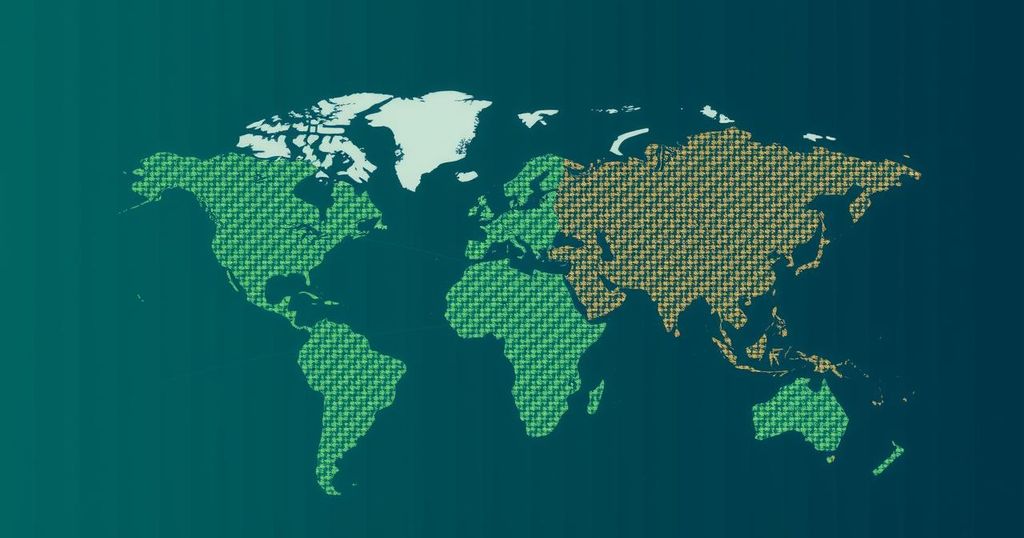Baku COP29 Conference Highlights Tensions in Climate Finance Commitments

At COP29 in Baku, the $300 billion annual climate finance pledge from wealthy nations faced criticism from poorer countries, revealing new political realities. As leadership changes loom in several developed nations, the urgency for increased funding amidst global climate challenges persists. Activists push for more accountability from countries historically responsible for emissions, while multinational development banks are seen as key actors in facilitating necessary financial support.
The COP29 climate conference in Baku has exemplified the growing tensions between wealthy nations and poorer countries concerning climate finance. Amid frictions over a meager pledge of $300 billion annually by rich nations, the reality of shifting political landscapes has become increasingly apparent. Major powers such as Germany, Canada, and Australia face potential leadership changes that may undermine support for environmental initiatives, while the UK takes a contrasting stance under a new Labour government that prioritizes climate issues. European leaders have pledged to offer a pragmatic approach towards funding low-income nations, as long as they fulfill realistic commitments without risking their promises. Moreover, activists have criticized the funding available from wealthy countries as inadequate to meet the projected $1.3 trillion required annually. With devastating climate impacts being experienced globally, demands for accountability and more substantial climate funding grow louder, indicating a disillusionment with the assurances from wealthier nations. Meanwhile, multinational development banks have been identified as crucial players in mobilizing additional climate financing as the world grapples with the immediate and urgent demands of climate change.
Climate finance has become a contentious topic at international gatherings, particularly evident during the COP29 conference in Baku. The commitment of wealthy nations to provide $300 billion per annum by 2035 has been met with dissatisfaction from poorer countries that argue this amount is insufficient. Historically, wealthier nations have been the largest contributors to greenhouse gas emissions and are thus seen as having a moral obligation to assist developing countries in combating climate change. The geopolitical context, exacerbated by rising inflation and political skepticism surrounding climate issues, complicates these discussions further, shifting the dynamics of global cooperation on climate change.
The discourse surrounding climate finance at COP29 highlights the pressing need for a reassessment of financial commitments from wealthier nations towards developing countries. As climate-related catastrophes escalate globally, the perceived inadequacy of proposed funding underlines the urgency for stronger, more transparent commitments. Furthermore, the involvement of multinational banks may offer a path to mobilize additional resources necessary to confront the climate crisis effectively, emphasizing the importance of cooperative and innovative financial strategies in the fight against climate change.
Original Source: www.france24.com






